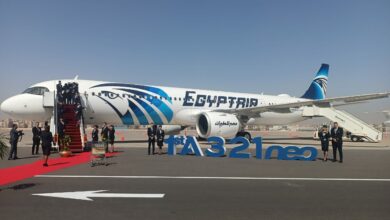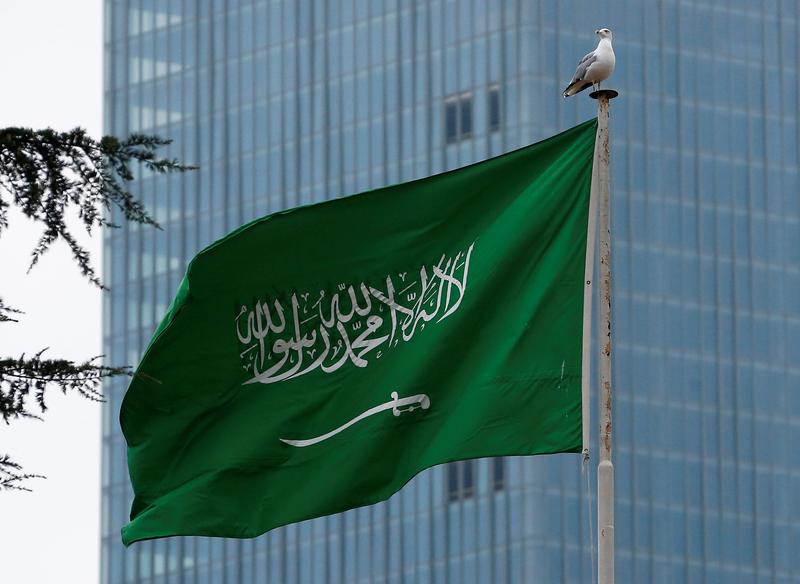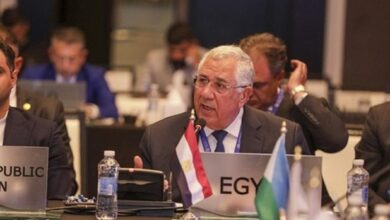Hardline Saudi cleric Sheikh Youssef bin Abdallah al-Ahmed, known for his controversial views on Saudi society, was arrested on Friday, Saudi activists told Reuters on Saturday.
Interior Ministry officials were not immediately available to comment.
"The sheikh was arrested on Friday and is now being questioned by the authorities, the reason might be because he has called for the release of political prisoners," said a Saudi-based activist.
The world's biggest oil exporter is counting on government handouts of an estimated US$130 billion, nearly 30 percent of its annual economic output, to lessen grievances among its growing, and increasingly young, population that could lead to a challenge to the conservative status quo.
Al-Ahmed was arrested in Dammam, capital of the kingdom's eastern province, during a visit to his father, another Saudi-based activist said.
Known for his controversial and often extreme views on Saudi society, al-Ahmed has called for the Grand Mosque in Mecca to be demolished and rebuilt in a circular shape to allow full segregation of men and women.
The former lecturer at Imam Saud University has also campaigned against the employment of women.
Activists said al-Ahmed had called for the release of political prisoners in response to appeals for help from the families of such prisoners.
Thousands of people are held in Saudi prisons without being charged or given access to lawyers, despite a law that limits detention without trial to six months, activists said.
King Abdullah said in a decree issued in March that the country's ruling Sunni elite would tolerate no dissent, and that the media must respect the Sunni clerics who oversee the application of sharia, Islamic law, in the Islamic state.
The decree, an apparent response to the pro-democracy uprisings sweeping much of the Arab world, said the religious body headed by Grand Mufti Sheikh Abdul-Aziz Al al-Sheikh that is responsible for issuing official religious opinions, or fatwas, would open new branches across the country.
The decree said this was part of efforts to promote "moderation" and fight extremism.




